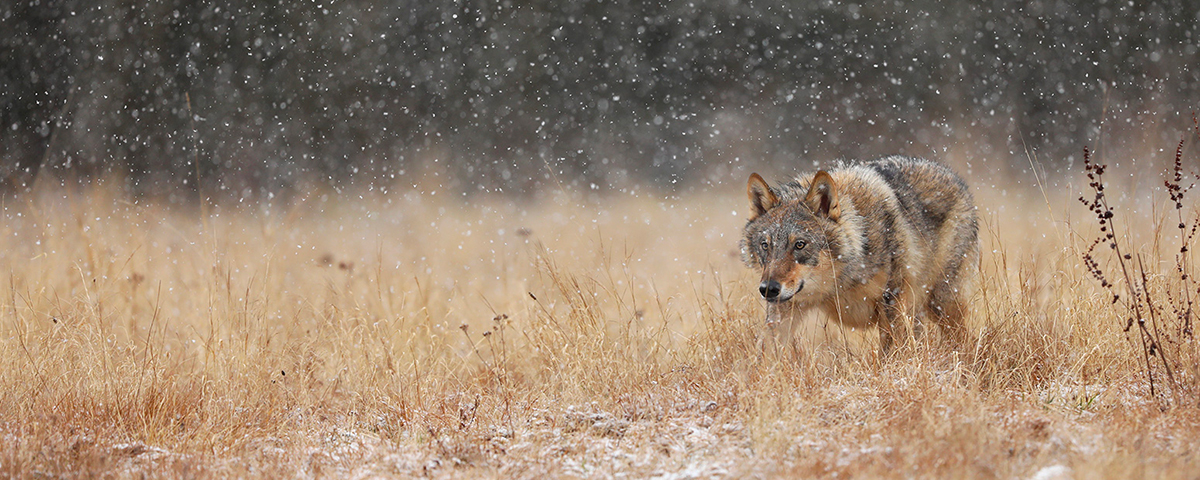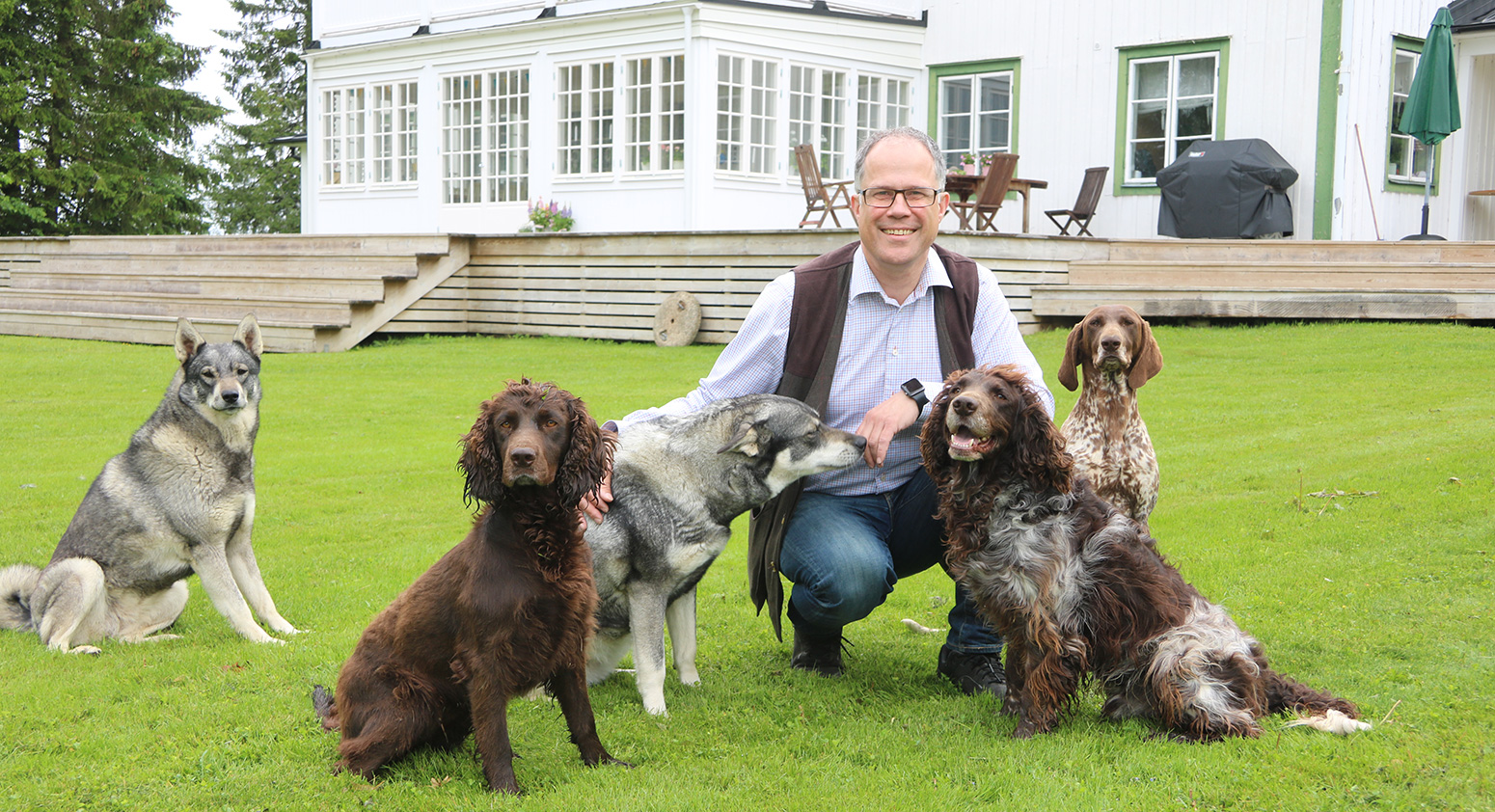
20 Dec 2023 Changing the protection status of wolves in Europe: FACE response on the next steps
Brussels, 20 December 2023 – FACE, the European Federation for Hunting and Conservation, representing 7 million hunters in Europe, welcomes the European Commission’s (EC) proposal to change the international status of wolves from ‘strictly protected’ to ‘protected’ based on the latest scientific data on increased populations and impacts.
Referring to the next steps, FACE President, Torbjörn Larsson stated:
While we welcome this news, we expect Environment ministers to support the science-based proposal from the EC, however, to ensure successful coexistence, we also need a large carnivore package including Bear and Lynx with a focus on their protection status, revising EC guidance and the system of reporting conservation status.

Moving the wolf from “strictly protected” to “protected” does not change the legal requirement to conserve wolves in Europe. The advantage is that it allows for adaptive management, which is more suitable for a species no longer threatened, and with steadily increasing populations. To overcome the current high levels of conflict, we should return to a situation where regulated management and maintaining favourable conservation status are taking place at the same time.
Leaving aside the status of Europe’s healthy wolf population, which is clearly reaching a social carrying capacity in many parts of Europe, the core problem remains a practical and legal one. The current Appendix II (Strict Protection) listing under the Bern Convention prevents countries from adapting the protection status of the wolf, which is why the EC has made its proposal. Specifically in the European Union, the strict protection (Annex IV) listing under the Habitats Directive is creating a near impossible situation, coupled with the fact that EC guidance is unclear, and several national courts are highly precautionary, creating administrative and bureaucratic burdens. All this has been frustrating rural communities.
Today’s in-depth analysis shows that the populations of wolves have significantly increased in recent decades, and they are occupying ever larger territories. There are more than 20,000 wolves with generally increasing populations and expanding ranges, and breeding packs in 23 Member States.
This development is also reflected in the IUCN’s Large Carnivore Initiative for Europe assessment from 2022, which noted that the prospects for wolves are positive, with further expansion expected for practically all nine sub-populations in Europe. This expansion has and will lead to further conflicts with human activities with strong pressure on specific areas and regions in Europe.
Read more about FACE’s position on wolves here.

